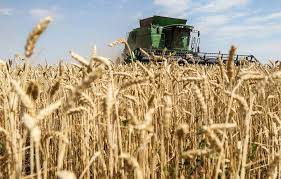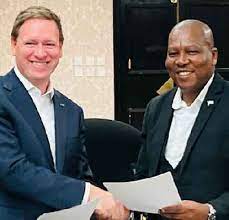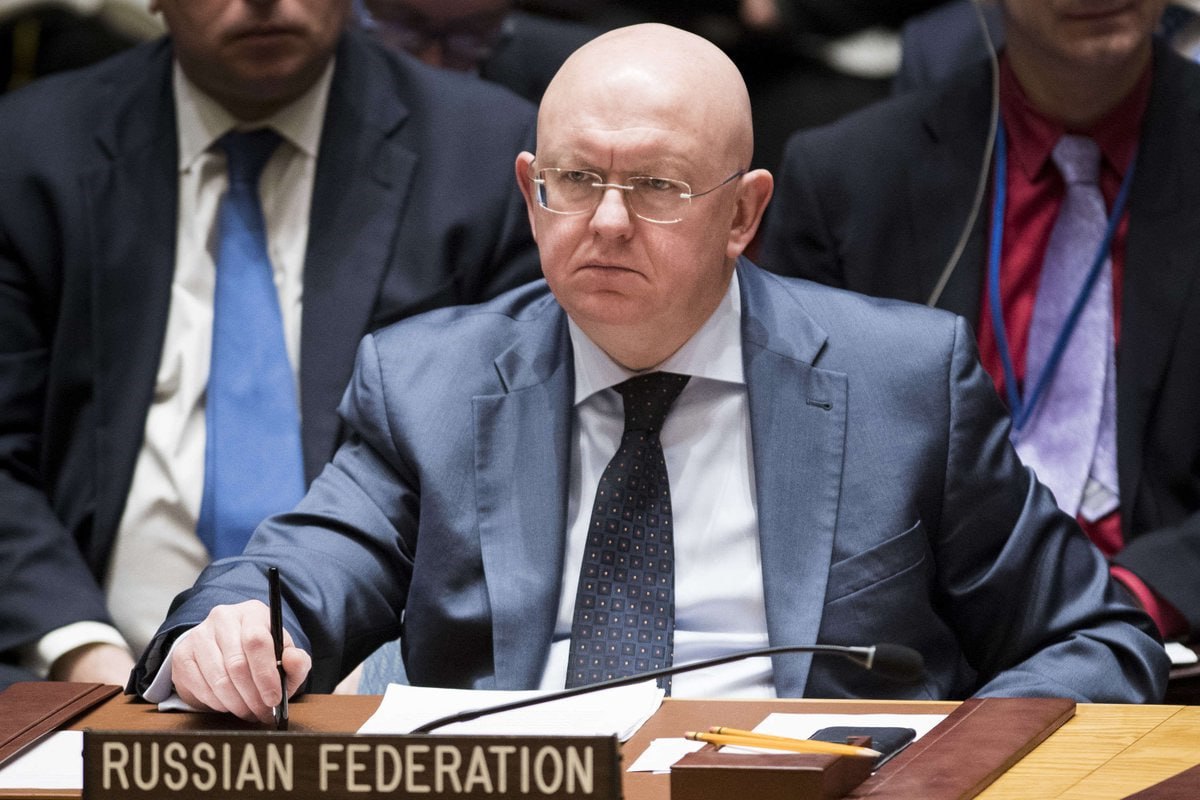
*Implementation of Istanbul Agreements on Ukrainian Grain Export
The Pan Afrikanist Watchman
On July 22, 2022, in Istanbul, two important agreements were simultaneously signed. The first one is the Initiative for the Safe Transportation of Grain and Food from Ukraine, the parties to which were Russia, Turkey, and Ukraine, with UN certification.

The second document is the Russian-UN Memorandum on the promotion of domestic agricultural products and fertilizers to world markets. Both of them became parts of one “package of measures” proposed by the UN Secretary-General A. Guterres to reduce threats to global food security.
According to the UN, as of September 13 (quantitative indicators and data can change even in one day), 129 ships carrying 2,872,711 tonnes of food had left Ukraine’s Black Sea ports through the Istanbul Joint Coordination Centre’s facilitation effort involving representatives of Russia, Turkey, Ukraine and UN experts.
The freight mainly included corn (53 percent), wheat (22 percent), and sunflower oil and seeds (8 percent). For some reason, it took three weeks to transport the first million tonnes of grain, but only one week to deliver another.
But other figures are no less revealing. There’s something the Russian side is airing while the West is refusing to recognise or comment on it, denying it in every possible way and spewing a new wave of fake stories about Russia.
According to available information – and contrary to the UN Secretary-General’s initial assurances about the need to feed countries in Africa and Asia – the main recipients of the produce are well-developed countries that are proud of their prosperity such as France, Germany, Greece, Ireland, Israel, Italy, the Netherlands, Romania, South Korea, and Spain.
Western countries account for 44 percent of the food supplied. A significant part of it also went to Turkey for processing under its current commercial obligations (19 percent). The food-insecure countries account for a mere 8 percent – Sudan and Kenya received 2 percent each, and Djibouti, Somalia, Yemen, and Lebanon, 1 percent each.
This does not correlate well with the goals and objectives of the “Black Sea Initiative” declared by the UN leadership – to feed the needy in developing countries. Russia cannot influence this process, and cannot direct how much food should go to particular countries, but nevertheless, the supplies to the poorest countries should be increased.
As for the implementation of the Russian-UN Memorandum on the export of Russian fertilisers and agricultural produce, there are no specific results yet. Russian economic operators and producers continue to struggle with transporting and insuring goods and making bank payments.
The goods that the insecure countries really need – and which the Russian side is ready to dispatch – get blocked. This confirms the fact that the United States and the European Union excluding fertilisers and food from the universal sanctions aren’t actually working.
One of the eloquent examples was the EU’s clarification about potash fertilisers issued on August 10. The way it is worded, only the import of these fertilisers to EU countries is allowed, but not their further transit. It only adds to their prosperity, which they’ve been showing off at all those events, those summits of democracies, proudly announcing that they’re at the top and the rest of the world just needs to catch up and reach the same level.
They said the matter was not political, they were just arranging their states in such a way that people enjoyed life, rather than suffering. They can buy our produce now. They are even ready to relax the sanctions a bit. But this produce cannot go on to Africa and Asia.
In its turn, Russia reaffirms its readiness to export about 30 million tonnes of grain and over 20 million tonnes of fertiliser by the end of this year to be distributed among Asian and African countries.
This, of course, will help to achieve sustainable stabilisation of prices on world markets, which is of the essence for food-purchasing countries, and to guarantee a future harvest in agricultural producing countries, which depend on these fertilisers.
Russia believes that issues such as the threat of hunger and the prevention of a global food crisis should not be politicised or made dependent on any preconditions.
(C) PRESS RELEASE OF THE EMBASSY OF THE RUSSIAN FEDERATION IN THE REPUBLIC OF BOTSWANA









